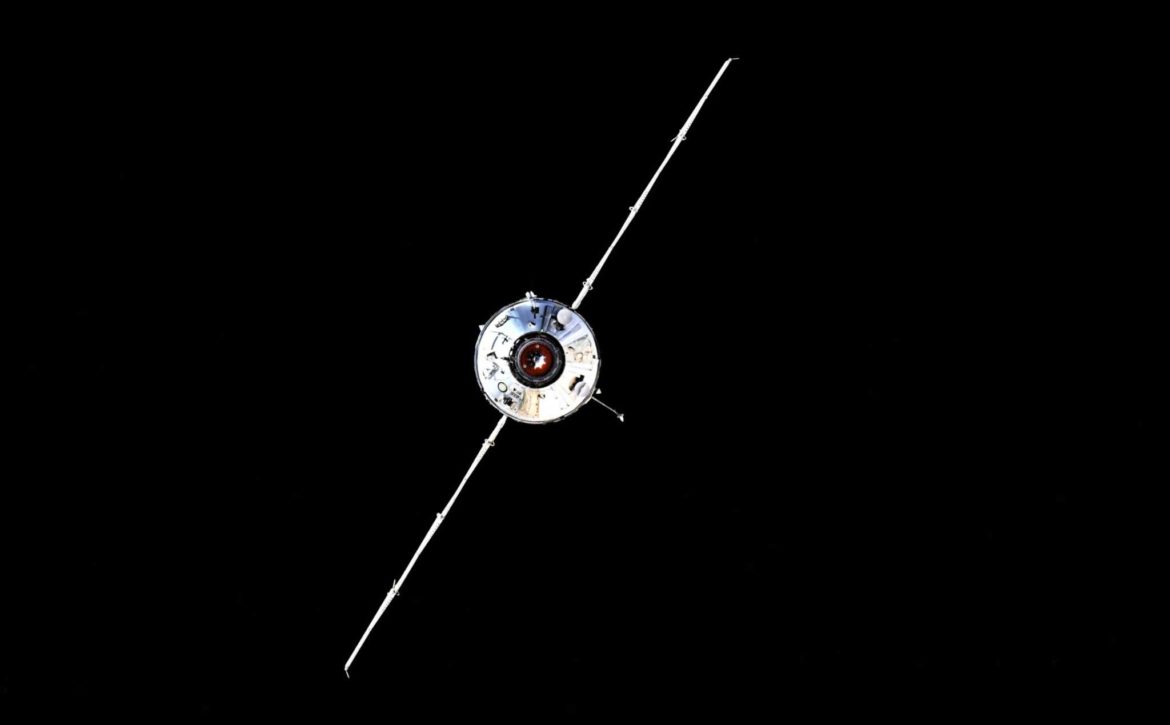
Russia blames space station lab incident on software failure
MOSCOW (AP) — A Russian space official on Friday blamed a software problem on a newly docked science lab for briefly knocking the International Space Station out of position.
The space station lost control of its orientation for 47 minutes on Thursday, when Russia’s Nauka science lab accidentally fired its thrusters a few hours after docking, pushing the orbiting complex from its normal configuration. The station’s position is key for getting power from solar panels and for communications with space support teams back on Earth. The space station’s communications with ground controllers also blipped out twice for a few minutes on Thursday.
Vladimir Solovyov, flight director of the space station’s Russian segment, blamed the incident on a “short-term software failure.” In a statement released Friday by the Russian space agency Roscosmos, Solovyov said because of the failure, a direct command to turn on the lab’s engines was mistakenly implemented.
He added the incident was “quickly countered by the propulsion system” of another Russian component at the station and “at the moment, the station is in its normal orientation” and all its systems “are operating normally.”
Roscosmos director Dmitry Rogozin later Friday suggested that “human factor” may have been at play.
“There was such euphoria (after Nauka successfully docked with the space station), people relaxed to some extent,” Rogozin said in a radio interview. “Perhaps one of the operators didn’t take into account that the control system of the block will continue to adjust itself in space. And it determined a moment three hours after (the docking) and turned on the engines.”
NASA said Thursday that the incident moved the station 45 degrees out of attitude, about one-eighth of a complete circle, but the complex was…
Read More


